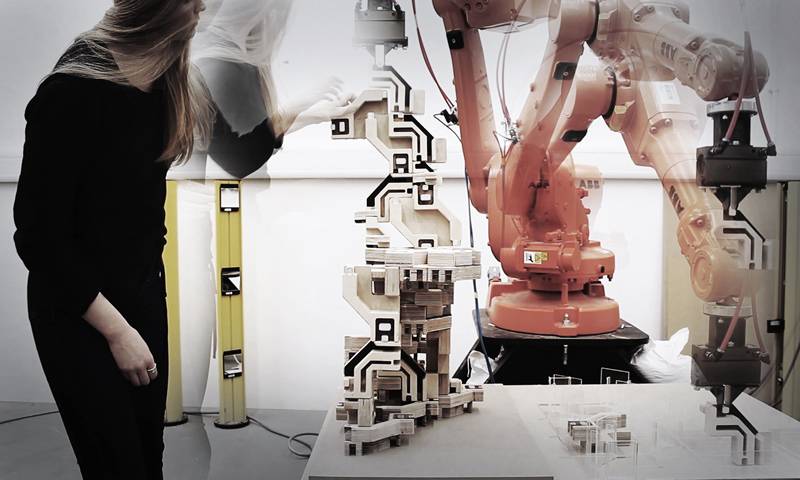Prospectives Lecture Series 2018
03 October 2018–12 December 2018, 1:00 pm–2:00 pm
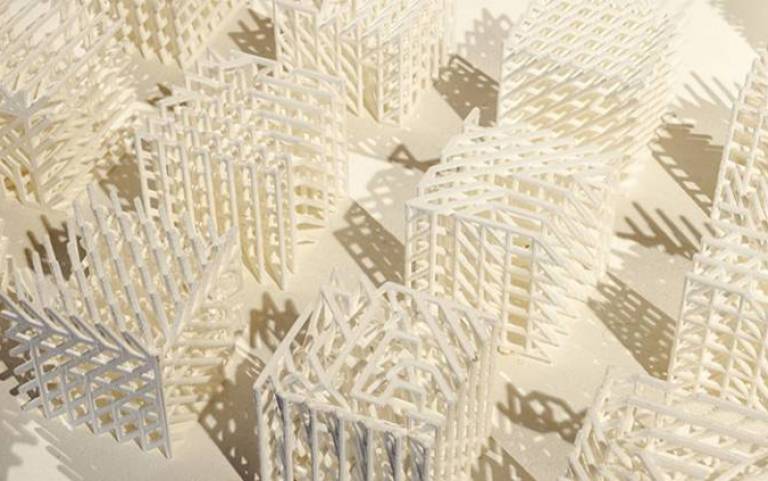
A B-Pro History and Theory lecture series, highly recommended for Architectural Design, Urban Design and Architectural Computation students as well as interested professionals.
Event Information
Open to
- All
Organiser
-
The Bartlett School of Architecture020 3108 7337
Location
-
1.0222 Gordon StreetLondonWC1H 0QBUnited Kingdom
The B-Pro Prospectives History and Theory Lecture Series offers a platform for presentation, discussion and theoretical reflection upon the links between digital thought, architecture, and urban design. This year's series of talks emphasise the key role computation plays within complex design synthesis and their cultural implications.
This series encourages and inspires the current student body and interested professionals, by creating conversations about topics addressing academia, practice and beyond as well as overall disciplinary concerns and frontiers.
B-Pro, or Bartlett Prospective, groups together five of the school's graduate programmes with a unique philosophy and shared approach to the future of design, architecture and the urban environment. The B-Pro Prospectives lecture series is organised by Roberto Bottazzi and Daniel Koehler.
The Lectures
Autumn 2018
- 03 October - John Frazer
The use of computers in architecture
Opening Lecture
Wednesday 3 October, 13:00
Room 1.02The lecture will contextualise and summarise a number of key topics including machine learning, genetic algorithms, generative techniques, procedural shape languages, discrete computation, polyautomata, and active design tools.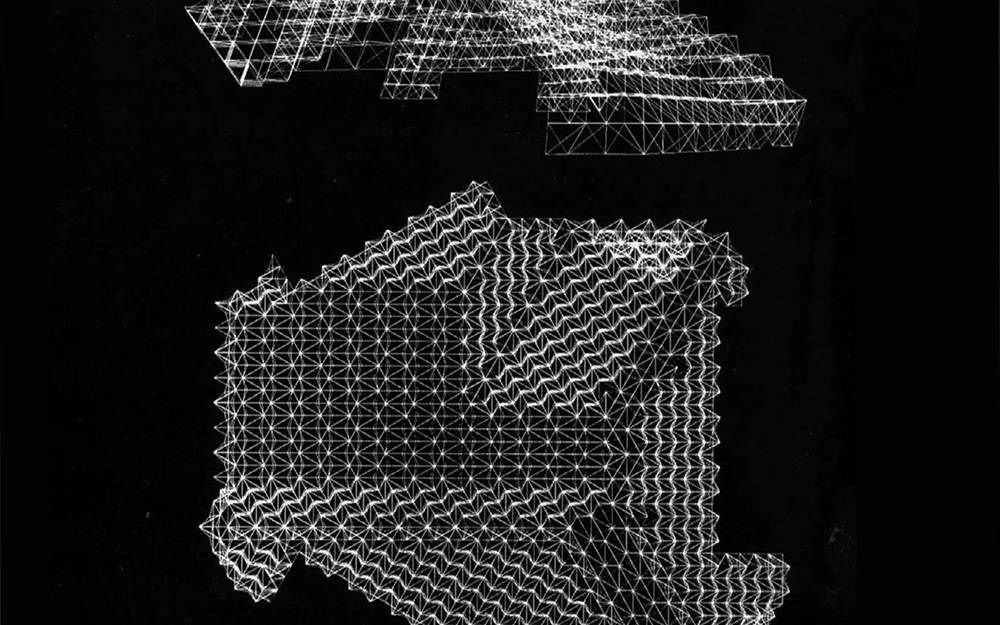
Biography
John Frazer is acknowledged as a leader in the field of evolutionary digital design and the originator of the Evolutionary Digital Design Process. His book An Evolutionary Architecture is considered the seminal work in the field and his work embraces the domains of intelligent and interactive design systems, sustainable design, participatory and co-operative design and computer-generated design. His pioneering research and teaching was nurtured at Cambridge University, the Architectural Association in London, the University of Ulster, the Hong Kong Polytechnic University and Queensland University of Technology. His work has been presented worldwide in lectures and conferences and extensively published in journals and books.
Image: Reptile structural system, John Frazer, 1966 onwards
- 17 October - Adam Greenfield
Leaving the Twenty-First Century: Excursions After Late Capitalism
Wednesday 17 October, 13:00
Room 1.02Our age of kleptocracy by the few and austerity for the many produces a distinct set of urban conditions, replicated worldwide and more recently reproduced as aspirational exclaves in what are euphemistically known as "emerging markets." Oriented primarily toward the needs of mobile capital, implicitly consecrated to the rhythms of a joyless, compulsive consumption, it is now more urgent than ever to imagine social and spatial possibilities outside its sway. Join Radical Technologies author Adam Greenfield for this international survey and reminder that another city remains possible.
- 24 October - Ludger Hovestadt
Wednesday 24 October, 13:00
Room 1.02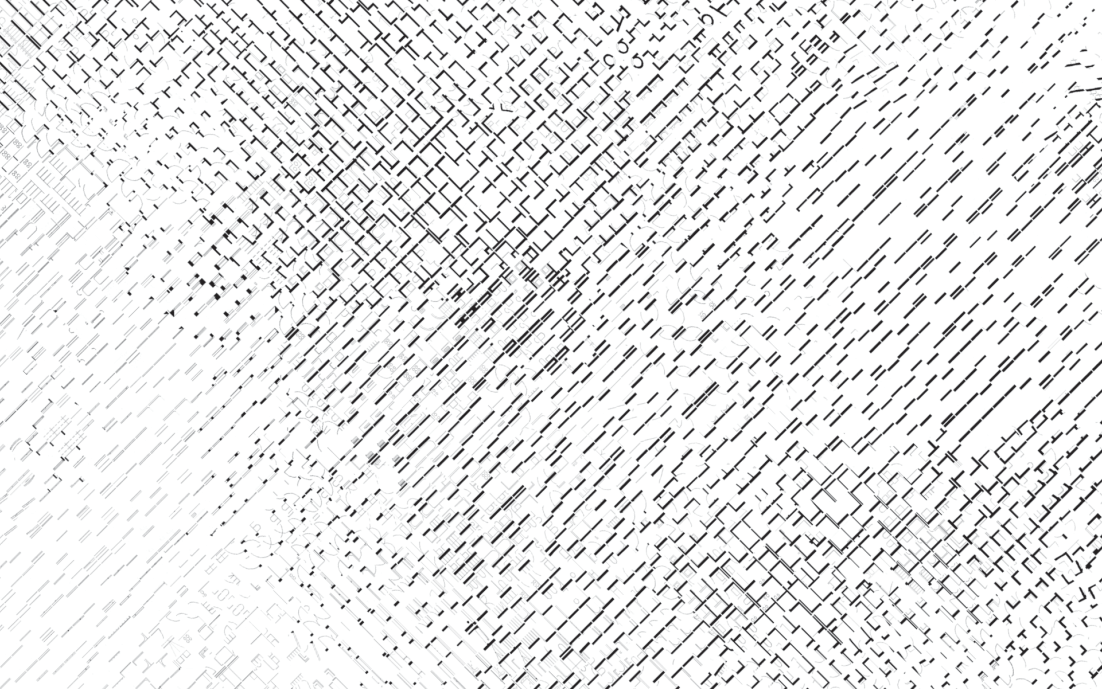
Ludger Hovestadt is Professor for Computer Aided Architectural Design (CAAD) at the Swiss Federal Institute of Technology (Eidgenössische Technische Hochschule, ETH) in Zürich. His approach, broadly speaking, is to look for a new relationship between architecture and information technology and aims at developing a global perspective that relates to and integrates with developments in different fields such as politics and demographics, as well as technology, in a post-industrial era.
Image: Spectral Architectonics: Indexing of a multi-dimensional space of an architectural object
- 07 November - Philip Steadman
Worlds of possible plans and built forms
Wednesday 07 November, 13:00 (Please note this date has changed from the originally advertised 21 November)
Room 1.02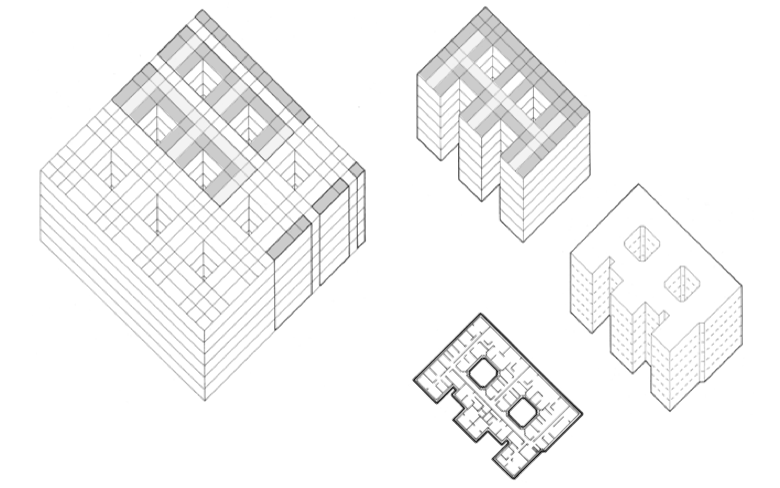
Following the histories of common types of building, the forms are constrained by some of the basic functions of architecture: to provide daylight and ventilation to the interior, to provide access to all rooms, or to allow occupants to see from one part of a building to another. Here, a new way of thinking about these 'worlds of geometrical possibility' is introduced, in which the forms of many buildings can be catalogued and laid out systematically in 'morphospaces', or theoretical spaces of forms. As building types change over time, they come to occupy different positions within the worlds of possible forms. The lecture develops themes from his book ‘Building Types and Built Forms’. Philip is Emeritus Professor of Urban and Built Form Studies, and a Research Fellow in the UCL Energy Institute.
- 21 November - Frederic Migayrou
Wednesday 21 November, 13:00 **Please note this event has changed from the original date 14 November**
Room 1.02, The Bartlett School of ArchitectureBiography
Frédéric Migayrou is Chair, Bartlett Professor of Architecture at The Bartlett School of Architecture and Deputy Director of the MNAM-CCI (Musée National d'Art Moderne, Centre de Création Industrielle) at the Centre Pompidou, Paris. He is founder of the Frac Center Collection and of ArchiLab, the international festival of Prospective Architecture in Orléans. Apart from recent publications and exhibitions (De Stijl, Centre Pompidou, 2011; La Tendenza, Centre Pompidou, 2012; Bernard Tschumi, Centre Pompidou, 2013; Frank Gehry, Centre Pompidou 2014; Le Corbusier, Centre Pompidou 2015), he was the curator of Non Standard Architectures at the Centre Pompidou in 2003, the first exposition devoted to architecture, computation and fabrication. More recently he has curated Japan Architects 1945-2010 (21st Century Museum of Contemporary Art, 2014), Frank Gehry (Foundation Louis Vuitton, Paris 2014) and Naturalising Architecture (ArchiLab, Orléans 2013). In 2012 he founded B-Pro, The Bartlett’s umbrella structure for postgraduate architecture programmes.
 Close
Close


